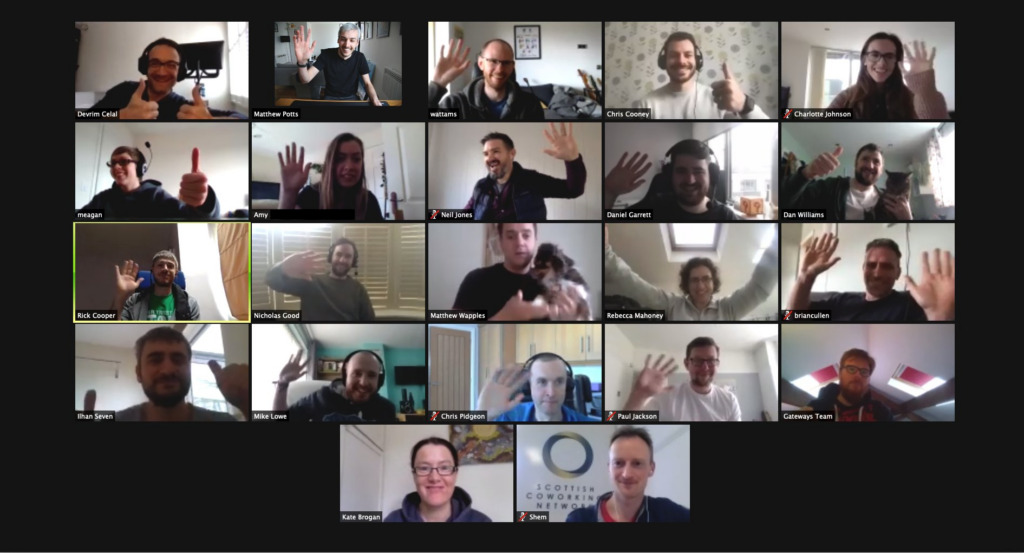As the COVID-19 pandemic lockdown continues, companies throughout the world are looking to new ways of working.
The energy sector is no different, with many teams working remotely for the first time as the industry looks to charter uncertain waters. There are, however, companies that have had systems in place to facilitate such flexible working long before COVID-19, such as energy technology company Upside Energy.
Speaking to Current± about the impact of the pandemic recently, the company’s CEO Devrim Celal said “in a strange way, the team did not only adapt to this new environment, but improved productivity, as well”.
“Fortunately, everyone’s quite healthy. We shut down the office before government advice. We could do that because we’re very used to remote working; being a team of software engineers, that comes with the territory.
“We also have the right infrastructure; all our code is in the cloud. We already had Zoom as part of our teams working toolkit. And then what we did rapidly after that is to introduce new ceremonies.”
According to Celal new ceremonies, in addition to existing ones such as daily stand ups, show and tells and retros, have been really important for the team.
“We added more to it, so we have a weekly virtual pub hour now, pub quizzes, a weekly food competition ‘Great Upside Lunch Off’ where people photograph what they cook for lunch that day and put it online, and everybody else then judges them. So we’re making it a part of our culture, this additional layer that allows us to remain closely in touch, even though we’re all working quite remotely, making sure we are all aware of each other’s state of being.”
He does add however that depending on the length of the lockdown, there will be further challenges as people aren’t meant to live remotely without other human interaction.
While the company appears to be faring well from a staff standpoint, business has also continued strong. Many companies in the energy sector are beginning to struggle, in particular large suppliers have started to furlough workers in an effort to protect themselves, as operations grind to a halt and cash flow slows.
Part of Upside’s continued business development is due to both the staff members and customers having more time, according to Celal, as they’re not commuting or wasting time in unnecessary meetings.
“Last week, we won a major tender and we’ve got a few more in the pipeline. Hopefully, that’s going to continue.
“So overall, it’s going well. Where we will feel the pinch is with our customers who have a few major battery and gas peaker projects they were hoping to energise this year. Those will be naturally delayed now with the slightly more complex working conditions, but also because some of them depend on an international supply chain. So that end of it will feel the pressure.”
At the moment though, Upside remain confident that the vast majority of projects will continue as normal. Like most, the company has run a COVID-19 risk analysis to identify projects that are high and low risk.
“There are quite a few projects that will probably get mothballed now, very few that will get cancelled because the fundamentals haven’t changed. I mean, yes, we’re using less power so the peak power has dropped down, and that will continue throughout this period with the factories being shut down and people being home.
“Summer coming will probably mean that there will be even lower demand and higher solar generation creating problems for the grid. But this will all come back.
“So when this is over and we’re all back to work, it will probably get to business as usual fairly quickly.”
Celal added that while there are a number of different predicted scenarios for the impact of COVID-19 currently, he remains optimistic that things will start coming back to business as usual from Q4 2020 or Q1 2021.






